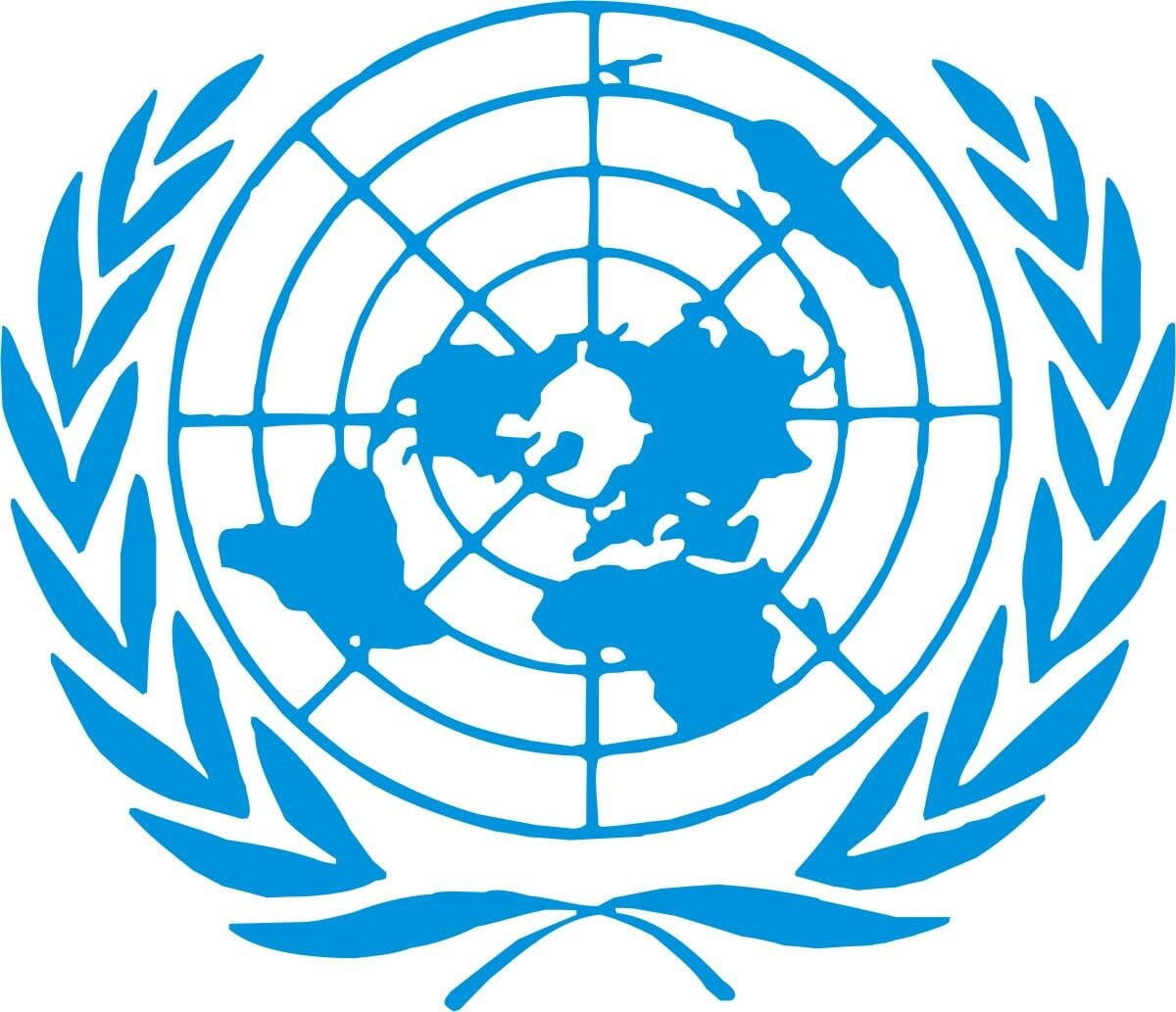New York/Geneva, 4 April 2019—UNFPA and UNAIDS are seriously concerned by new criminal law provisions that came into force yesterday, 3 April 2019, in Brunei Darussalam. The provisions, which impose the death penalty for same-sex sexual activity, adultery and for having a child outside of marriage, breach a number of international human rights norms, including the right to be free from torture and from cruel, inhumane or degrading treatment. The provisions will have a significant negative impact on overall health and well-being.
“Every person, without any distinction on any grounds, has an equal right to live free from violence, persecution, discrimination and stigma of any kind. Human rights are universal. Cultural, religious and moral practices and beliefs, and social attitudes must not be invoked to justify human rights violations against any group regardless of gender or sexual orientation,” stated Natalia Kanem, Executive Director of UNFPA.
Laws that punish sexual orientation, same sex relations and reproductive health care are discriminatory, and have a disproportionate impact on women, creating barriers to accessing health information and services, which in turn increases vulnerability to HIV and other health concerns. Impeding access to sexual and reproductive health and rights, including HIV services, negatively affects public health.
“These extreme and unjustified punishments will drive people underground and out of reach of life-saving HIV treatment and prevention services,” said Michel Sidibé, Executive Director of UNAIDS. “I strongly urge Brunei Darussalam to suspend or repeal the amendments to the Syariah Penal Code and I offer UNAIDS’ support to ensure that laws are grounded in human rights, based on evidence and protect the most vulnerable.”
Criminalization of same-sex sexual conduct has been shown to increase stigma and give license to discrimination, violence and harassment. Evidence shows that where communities are criminalized, they are more vulnerable to violence, less likely to access necessary HIV and other health services, and less able to protect themselves against HIV infection. Criminalizing people also works against reaching the Sustainable Development Goals agreed by the United Nations General Assembly.
UNFPA and UNAIDS are concerned by increasing conservative and discriminatory policies and rhetoric in a number of countries, which may potentially give rise to violence, stigma and discrimination against people on the basis of gender, gender identity and sexual orientation. Recent discussions with governments in the Asia–Pacific region and beyond have highlighted the need to put evidence-informed and human rights-based laws and policies in place.
Last December, Brunei Darussalam called for more and better data on its key affected and higher-risk populations in order to ensure more effective outreach. The production of those data, which would help improve Brunei Darussalam’s health-care provisions for key affected and higher-risk populations, will be undermined by the Syariah Penal Code.
UNFPA and UNAIDS support the calls of the United Nations High Commissioner for Human Rights and the open letter of the five United Nations human rights mandate holders to suspend the implementation of the revised penal code and urge all governments to protect the human rights of all people. This includes repealing criminal laws against adult consensual sexual conduct and decisions on reproduction, implementing laws to protect all people from violence and discrimination and ensuring that adequate health services, including sexual and reproductive health services, are accessible, affordable and acceptable to address their needs.
UNFPA
UNFPA is the United Nations sexual and reproductive health agency. Our mission is to deliver a world where every pregnancy is wanted, every childbirth is safe and every young person's potential is fulfilled. Learn more at www.unfpa.org and connect with us on Facebook, Twitter, Instagram and YouTube.
UNAIDS
The Joint United Nations Programme on HIV/AIDS (UNAIDS) leads and inspires the world to achieve its shared vision of zero new HIV infections, zero discrimination and zero AIDS-related deaths. UNAIDS unites the efforts of 11 UN organizations—UNHCR, UNICEF, WFP, UNDP, UNFPA, UNODC, UN Women, ILO, UNESCO, WHO and the World Bank—and works closely with global and national partners towards ending the AIDS epidemic by 2030 as part of the Sustainable Development Goals. Learn more at unaids.org and connect with us on Facebook, Twitter, Instagram and YouTube.
Contact
At UNFPA: Omar Gharzeddine; +1 212-297-5028; gharzeddine@unfpa.org
At UNAIDS: Michael Hollingdale; +41 22 791 5534 / +4179 500 2119; hollingdalem@unaids.org


